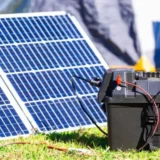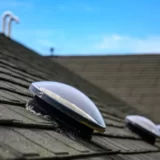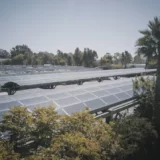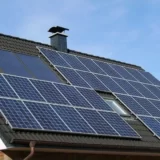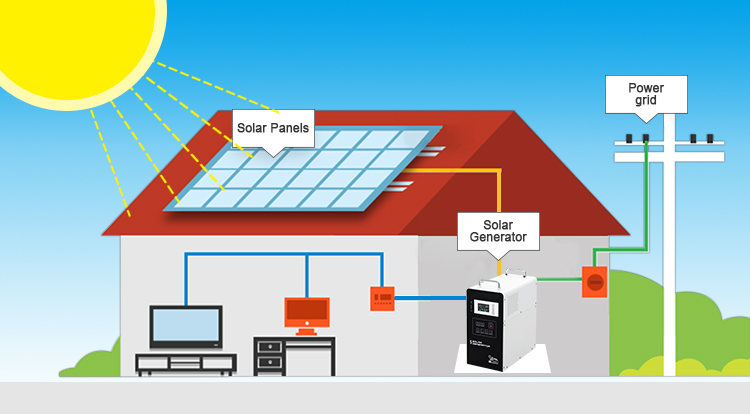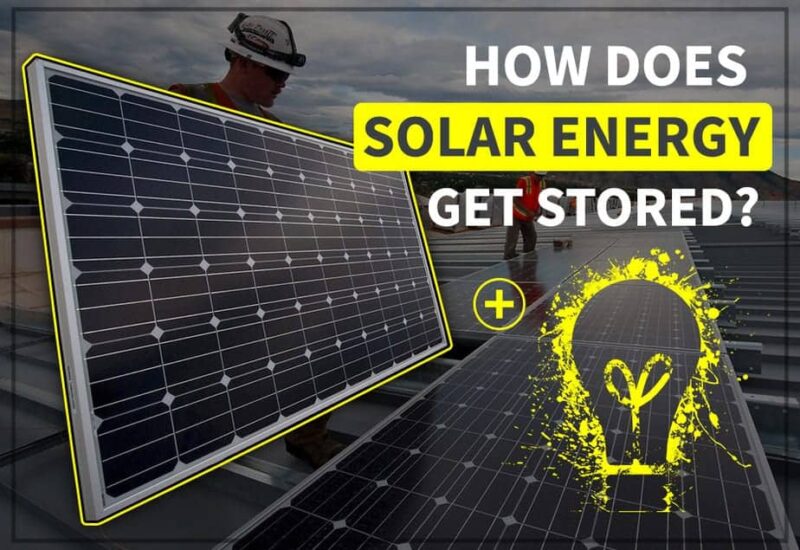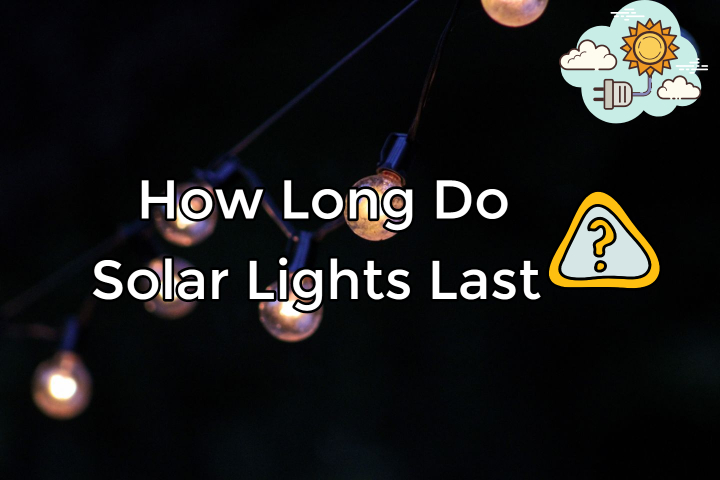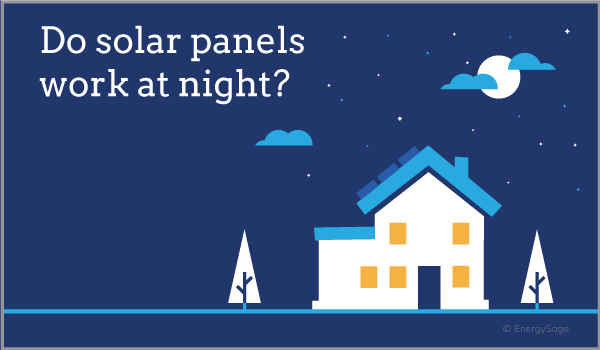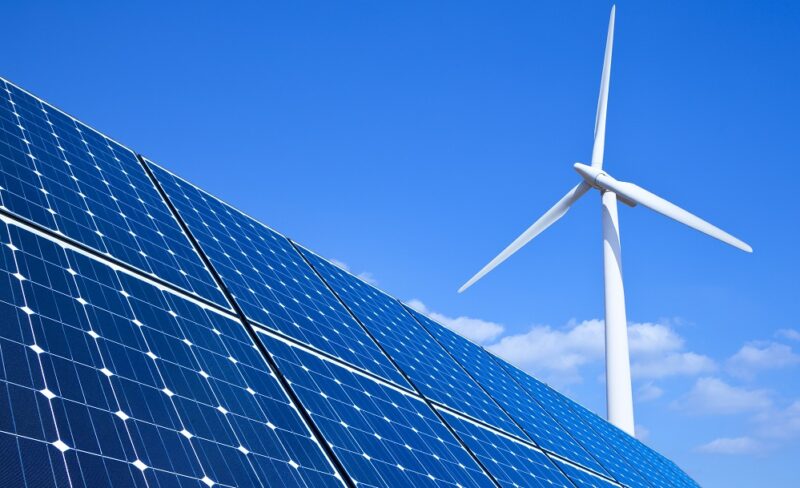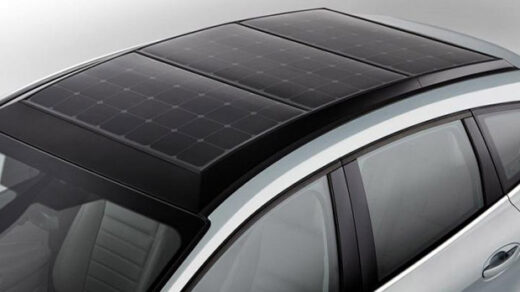It is not surprising that many households are switching to garden solar lights given the rising cost of electricity and the increased use of outdoor spaces, but how long do solar lights take to charge?
The answer here depends on a couple of factors, such as the weather and size of the batteries. Solar lights typically require 6 to 12 hours of sunshine to charge them sufficiently.
Solar energy is a cost-effective and eco-friendly energy source that also contributes to lowering greenhouse gas emissions. Learn more about solar light charging by reading on.
Table of Contents
How Long Do Solar Lights Take to Charge?
Although it takes between 4 and 8 hours for the majority of solar lights to charge, charging times can vary depending on the battery’s type and capacity as well as the solar panel’s size.
You must consider the typical charging time and the duration of the light once it becomes dark when purchasing solar lights for your garden. This is typically displayed within the limitations of the light.
Keep in mind that you want your solar lights to last a long time so you can get the most use out of them. Even though there are many inexpensive lights available, investing more money up front will pay off in the long run.
Read More: Do Solar Lights Work in Winter?
How to Charge Solar Lights for the First Time?
You probably can’t wait to start using your solar lights as soon as you take them out of the box, but you’ll have to wait a little while longer.
It is not advised to turn on garden solar lights right away after unpacking. The majority of manufacturers advise charging your lights completely before using them.
This means that in order to ensure that they are fully charged, you should charge them outdoors in direct sunlight for at least 8 hours. Remember that the recommended charging times vary depending on the manufacturer, so read the directions carefully.
Related Reading: How to Charge Solar Lights the First Time?

How Long Do Solar Lights Stay Charged?
If your outdoor solar lights are sufficiently charged, they should remain on from evening until morning. Nevertheless, depending on how long it takes to charge, the lights may stay on longer or shorter. Checking the condition of your batteries is another thing you should do. Batteries that are defective can shorten the duration of illumination.
Installing a timer or storing the batteries for a while may be options if they are being overused. Additionally, you can reposition the solar panel to take advantage of the best light and reduce the load on the system.
Related Reading: How Long Do Solar Lights Stay On At Night?
How Can You Increase Charging Efficiency for Solar Lights?
There are some additional ways to optimize the placement, tilt, and exposure to sunlight of your solar lights to improve charging efficiency. Your battery’s capacity will be maximized, and eventually you’ll get more runtime from it.
Here are some of the tricks you must follow:
- Purchase Latest Ones: The most recent solar light models should be purchased. They have all contemporary parts and highly efficient battery cells.
- Set Batteries Properly: Verify that you have positioned each battery properly. Otherwise, they won’t get much electricity.
- Panels with High CPV: Purchase solar panels with lots of CPV cells. These cells gather solar energy and convert it into electricity.
- Replace Batteries: The lifespan of the batteries in your solar lights is not indefinite. Therefore, swap out your old batteries for new ones every now and then.
- Take Help from Experts: If you experience any problems with your solar lights, call a professional. It’s a good idea to hire a professional to install your solar light.
- Clean Solar Panel: The efficiency of your solar panel can be lowered by dust, which will decrease the amount of electricity stored in batteries.
By keeping these simple but vital elements in place, you can significantly improve the charging efficiency of your solar lights.
Read More: Do Solar Lights Need Batteries?
Do Dirty Solar Panels Affect Charging Efficiency?
Your solar panel’s capacity to charge can be reduced by dust and debris. They may also cause physical harm. Solar panels will collect dust if you don’t clean them frequently. Their capacity and lifespan will be reduced along with their ability to charge.
A dirty solar panel will almost certainly perform at less than its maximum capacity, and you won’t get the same amount of runtime. Your solar lights might be harmed by it. Maintain regular cleanings of your solar panel. Make sure there isn’t any buildup of dust on it.
Can Freezing Temperature Affect the Charging Ability of Solar Lights?
But it does, regrettably. Winter freezing temperatures can hinder your solar lights’ ability to charge. Your panels and battery may suffer significant damage. Your solar panel may get covered in snow in subfreezing temperatures. In that case, they are unable to produce electricity because they lack sunlight.
The days are longer and the nights are shorter in the winter. Additionally, sunlight does not come directly. Your solar panel does not receive enough light as a result for it to generate electricity. Your battery and solar lights may be harmed by a reduction in battery power.
As they discharge more slowly than in warmer climates, batteries perform better in cold weather when holding charges. However, cold weather can be harmful to solar ones. The battery’s internal chemical reactions are slowed down by cold. The lack of sunlight also means that your battery has less electricity.
So, store your solar batteries in a dry location. The area should be insulated as much as possible. Regularly clear the snow off of your solar panels.
How to Charge Solar Panels in Winter?
Here are some pointers for more efficiently charging a solar panel in the winter.
- Remove Dust, Debris, and Snow from the Panel
It might become difficult to capture solar energy if dust builds up on the panel’s surface. Use a microfiber cloth dampened with water to remove the dust to increase its efficacy. Use of detergents should be avoided as they leave streaks.
- Reposition the Solar Panel, so it Only Receives Direct Light
Aim your solar panel toward the sun, especially during the winter when there is less sunlight. Allow the panel to charge for as many as 10 hours each day. Make sure to avoid placing it underneath large trees.
- Switch off the Light When Not in Use
When not in use, the lights should always be switched off because doing so will help the batteries last longer. Additionally, you can turn off the panel for 72 hours at a time to give it a deep charge at least once per month.
Do Solar Lights Come Pre Charged?
There is no pre-charge in solar lights. Before using them, they must be charged for a minimum of eight hours. You shouldn’t just use them after unpacking. The charging of them before use is advised by all manufacturers.
For eight hours, leave your solar panels exposed to the sun to charge. Once fully charged, you can put them to use. After that, they need to be recharged for 4 to 6 hours. Your solar battery could be harmed if it is not fully charged. Your solar light’s lifespan will eventually be shortened.
What is the Life Expectancy of Solar Panels?
If properly used and cared for, high-quality solar lights are durable and will last you for many years. You can brighten up walkways and outdoor spaces and spruce up the atmosphere of your home with solar panels. However, you might be unsure if solar lights are truly a good investment given their short lifespan.
The short answer is yes, particularly if you treat them well. The lights themselves should last for more than ten years, and you can anticipate your solar panel batteries to last for about four years. The good news is that they can be easily replaced if you find that some lights stop charging or don’t provide enough light.
The durability of outdoor lights may also be impacted by other factors. Don’t forget to put them in the sun and away from any street lighting. Additionally, make sure the location of your solar panels is free of dirt and debris and is clean.
The majority of solar lights can withstand harsh weather, but it’s best to keep them away from snow and strong winds.
Related Reading:
- How Long Do Solar Lights Last?
- What Does a Solar Charge Controller Do?
- Can You Charge Solar Lights With a Flashlight?
FAQs
How to Charge Solar Lights With On/Off Switch?
Many solar-powered lights will continue to charge even if they are not in use; in fact, by leaving the lights off, you are actually allowing the battery to fully charge over a number of days of sunlight. Using solar lights, it is a good idea to do this frequently.
Why Don’t My Solar Lights Last Very Long?
When your lights don’t last as long as they once did, battery fading is frequently to blame. Batteries for commercial solar lights should last five to seven years if they are set up properly.
What Kinds of Gadgets Can You Run Using Solar Panels?
Air conditioners, laptops, refrigerators, and flashlights are just a few of the devices that can be powered by solar energy. You will be able to use your home appliances conveniently if you make sure the battery is fully charged.
How Much Does a Solar PV System Cost to Install?
A solar PV system’s price is variable. The quality of the equipment and any unique installation requirements will be two factors that affect the final cost.
Can You Charge Solar Lights With a Flashlight?
Absolutely no. UV infrared light cannot be used to charge solar lights.
Do Solar Lights Charge When Turned Off?
Solar lights are charged when turned on and off.
Can You Charge Solar Lights Inside?
For lightweight solar lights, you can definitely bring them indoors to charge. You can use standard light bulbs or put them near windows.
Conclusion
Alternatives to traditional electric lighting that are fairly affordable include solar lights. By using them, you not only cut your costs but also improve the environment.
Please remember to consider more than just aesthetics when purchasing solar lights! Yes, you want your lights to be attractive, but if they don’t produce enough light or last long enough, they will quickly start to annoy you. If you want to learn more about solar light, read our post on how far apart should solar lights be placed.





